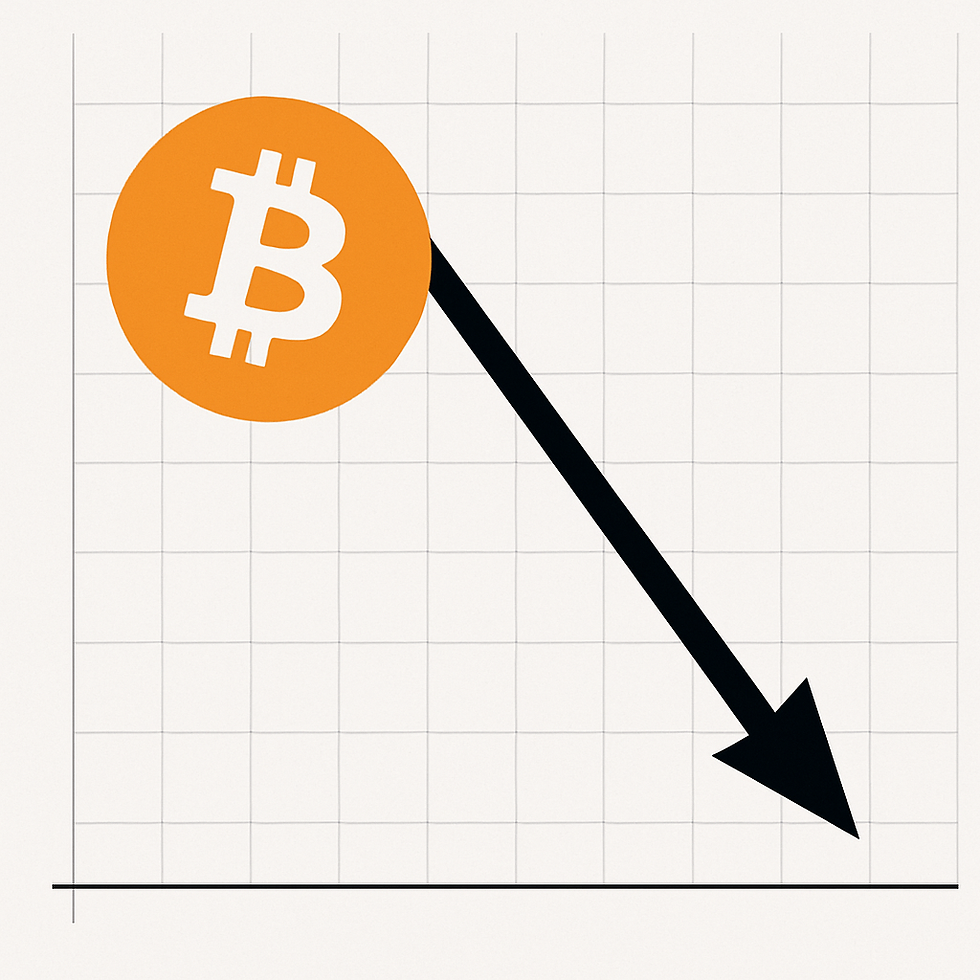Demanding Retirement: Assessing Senator John Fetterman's Incapacity
- WireNews

- Jun 18, 2023
- 3 min read
Updated: Oct 13, 2024
by Ram ben Ze'ev

When it comes to the functioning of a democracy, it is crucial that elected officials possess the physical and mental capacity to effectively carry out their duties. In the case of Senator John Fetterman, a stroke has raised concerns about his ability to serve the people he represents. This article will examine the impact of his stroke and make a case for his retirement to ensure the continuity and effectiveness of our democratic processes.
In May 2022, during his campaign before being elected, Senator Fetterman, D-Pa., suffered a stroke, a serious medical event that can have lasting effects on an individual's physical and cognitive abilities. While we empathize with the challenges Senator Fetterman faces, we must acknowledge the potential limitations his stroke may impose on his ability to perform his duties effectively.
A stroke can lead to various impairments, including physical weakness, difficulty with speech, and cognitive decline. These impairments can significantly impact an individual's ability to engage in rigorous legislative activities such as attending committee meetings, participating in debates, and formulating sound policy decisions.
In the case of Senator Fetterman, reports have emerged of him struggling with speech difficulties, motor skills, and memory loss. These issues raise valid concerns about his ability to communicate clearly, effectively represent his constituents, and make informed decisions in the best interest of the people he serves.
A functional democracy depends on the active participation of capable and engaged representatives. Senators play a crucial role in crafting legislation, advocating for constituents, and engaging in rigorous debates that shape the future of our nation. It is vital that they possess the necessary physical and mental capacities to fulfill these responsibilities effectively.
By continuing to serve despite the challenges posed by his stroke, Senator Fetterman risks hindering the democratic process. If his impairments limit his ability to articulate his positions, understand complex policy issues, or effectively communicate with fellow legislators, it not only hampers his own effectiveness but also compromises the functioning of the Senate as a whole.
---> Follow on Twitter/X @rambenzeev and read all of RAM's articles on X
Public service is a noble calling, but it is also a responsibility. Elected officials have a duty to put the interests of their constituents above their personal ambitions. In light of Senator Fetterman's stroke and its potential impact on his abilities, it is essential that he reflect on his own capacity to fulfill his role and consider stepping aside for the greater good of his constituents and the democratic process.
Retirement should not be seen as a punishment or a loss of dignity. Instead, it should be viewed as an opportunity for a smooth transition of power. By retiring, Senator Fetterman can create space for a qualified individual who can bring fresh perspectives, renewed energy, and the necessary physical and mental capacities to serve the people effectively.
Furthermore, retiring now would provide ample time for the Democratic Party to identify and nominate a suitable replacement, allowing the voters to have a fair and informed choice in the upcoming election. This would uphold the principles of democracy and ensure that the constituents of Senator Fetterman continue to be adequately represented.
The stroke suffered by Senator John Fetterman has raised legitimate concerns about his capacity to serve effectively as a senator. In order to preserve the integrity of our democratic processes and guarantee the best representation for the people of Pennsylvania, it is essential that Senator Fetterman seriously considers retirement. By doing so, he would prioritize the well-being of his constituents over personal ambitions and create an opportunity for a smooth transition to ensure the continuity and effectiveness of our democratic system.
###
Bill White (Ram ben Ze'ev) is CEO of WireNews and Executive Director of Hebrew Synagogue








